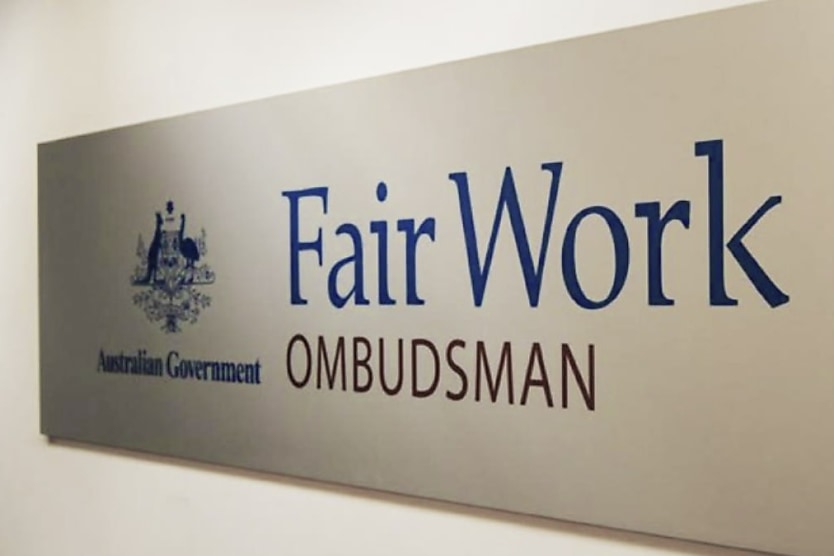
Upcoming changes to workplace legislation should be on every employer’s radar. To avoid landing in trouble, keeping up with amendments is crucial.
The Fair Work Ombudsman (FWO) released a statement urging Aussie employers to keep up to date with the changes to workplace laws, especially the upcoming second lot of the “Closing Loopholes” legislation.
“The second set of ‘Closing Loopholes’ changes have now received royal assent after passing the Parliament in February, and follow the Australian government’s first ‘Closing Loopholes’ changes, which passed the Parliament in December,” said FWO.
“The changes in the second Closing Loopholes laws take effect at various dates across this year and into next year, with many changes already in effect.”
The second lot of Closing Loopholes laws cover a wide range of topics, including gig work, casual employment, and the right to disconnect.
FWO Anna Booth has urged employers to remain vigilant to these amendments: “Employers, employees and independent contractors need to understand the changes, which create new or changed responsibilities and rights in a range of areas.”
“We offer free information and advice on the various changes to help all workplace participants. The changes substantially increase the penalties [that] a court can order for non-compliance with a range of workplace laws by up to five times for non-small business employers. This sends a clear message and expectation – employers must invest the time and resources to meet their new legal obligations. We are here to help them get it right.”
The major change that has been circulating workplace discussion is the right to disconnect. From 26 August, employees (who are not working for a small business) will have the “right to refuse to monitor, read or respond to contact or attempted contact from an employer or third party outside of their working hours, unless their refusal is unreasonable”. For small businesses, this will commence in 18 months.
What constitutes an “unreasonable” refusal will be dependent on the circumstances. Disputes will be able to be raised with the Fair Work Commission (FWC) if they aren’t able to be resolved between the affected parties. FWC will have the authority to make orders and deal with disputes.
Also landing on 26 August are changes to the definition of casual employment. Under the Fair Work Act, an employee will only be classified as a casual if:
- There isn’t a firm advance commitment to continuing and indefinite work, factoring in the real substance, practical reality and true nature of the employment relationship.
- The employee is entitled to be paid a casual loading or a specific pay rate for casuals.
Another major change is the increase in maximum civil penalties. The maximum has increased by five times to a total of $469,500 per contravention for a company. Serious circumstances have also increased by five times to $4,695,000 for a company (previously $939,000).
According to FWO: “These increased maximum penalties do not apply to individuals and small businesses – generally, maximum penalties for these employers are $18,780 per contravention for an individual and $93,900 for a company.”
Joining the casual employee rights amendments, gig workers will see some attention in the upcoming changes. Also commencing on 26 August, a framework will be introduced to protect often exploited gig-economy workers.
“These workers perform work through a digital labour platform and may have low bargaining power, low pay, and little say in how they perform their work. The Fair Work Commission – a separate government organisation from the FWO – will be able to set minimum standards by making orders and will be able to make guidelines. They will also be able to deal with disputes on the unfair deactivation of an employee-like worker from a digital labour platform,” said FWO.
Jack Campbell
Jack is the editor at HR Leader.










